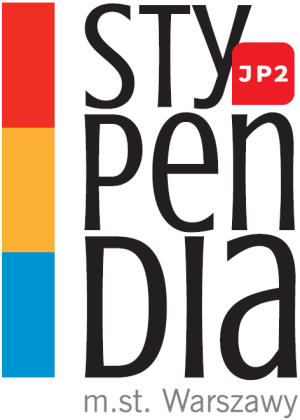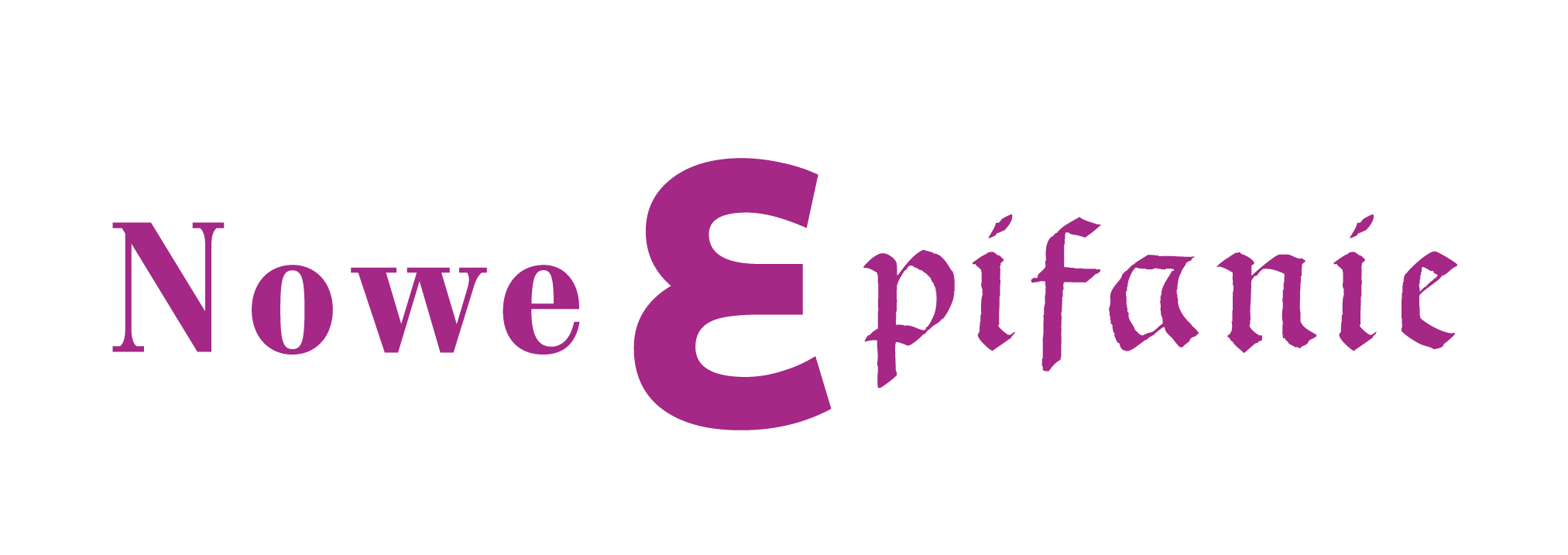The Centre for the Thought of John Paul II
The Centre for the Thought of John Paul II is a Warsaw-based cultural institution whose mission is to pose questions about the ethical condition of man in relation to universal values: goodness, truth and beauty, as well as freedom, solidarity and dialogue. The Centre operates in the fields of culture, science, education and building an engaged and responsible society. In its programme activities, the Centre for the Thought of John Paul II draws on the intellectual, spiritual and cultural heritage of Karol Wojtyła – John Paul II, pointing to its universal dimension.
Centrum Myśli Jana Pawła II
ul. Foksal 11
00–372 Warszawa
NIP: 5252357081
REGON: 140469560
tel. +48 22 277 53 00
fax +48 22 826 42 23
centrum@centrumjp2.pl
Administrative office – III floor
8:00–16:00 (monday to friday)
OPENING HOURS – I floor
8:00–17:00 (monday to friday)
Bank account:
37 1090 1883 0000 0001 1881 0547
Santander Bank Polska S.A.






